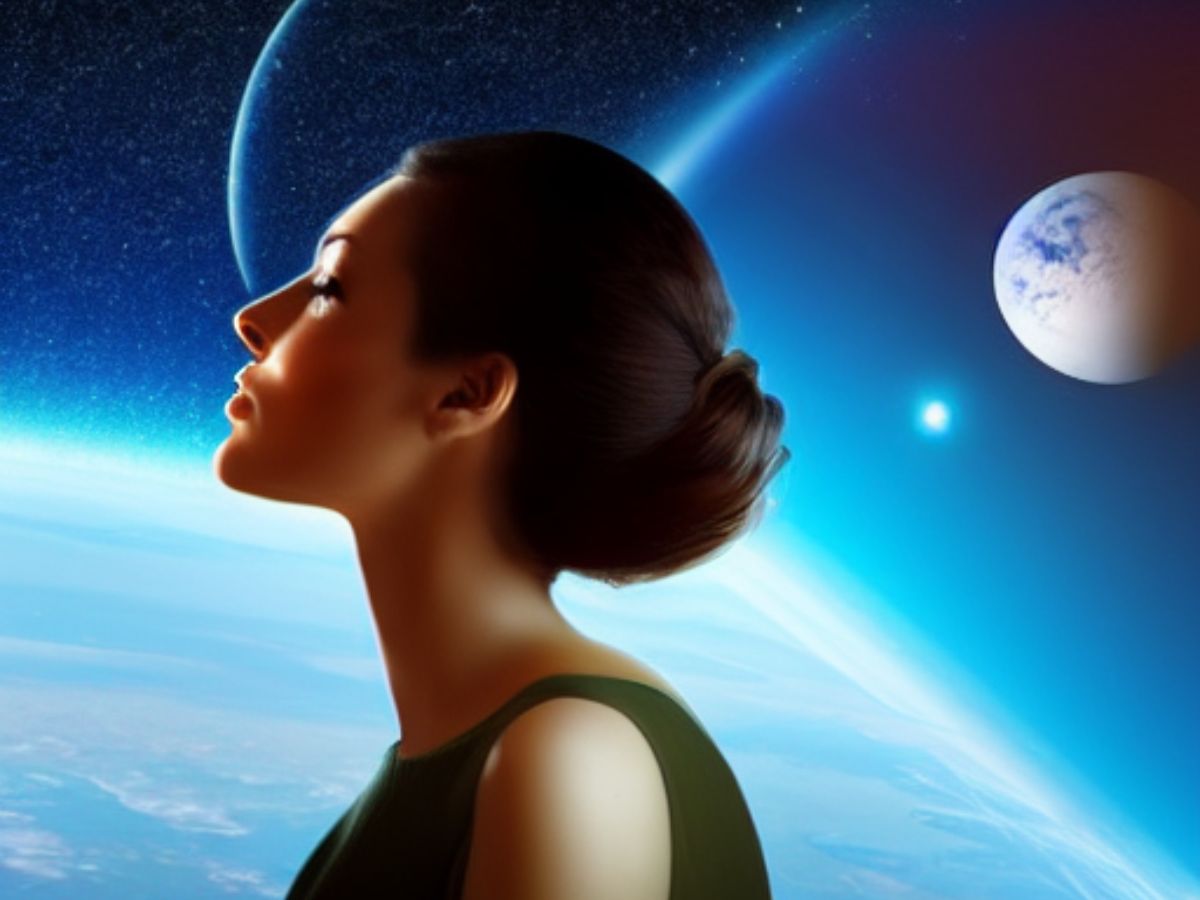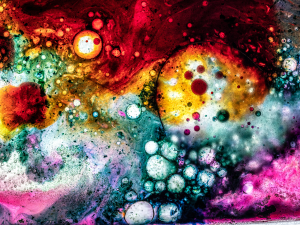AI-art generators. We are all beguiled by them. But Houston, we have a problem. The future of AI-art generators might be at risk. AI-art generation platforms Stability AI, DeviantArt, and Midjourney will have to appear in court soon, thanks to a class action filed against them. Being sued seems to be a thing with AI now.
Here’s why. AI-art generators are trained to make new images, but they do this after being fed millions of existing images. Unfortunately, this isn’t a perfect process. Some of the AI-generated images look a lot like the original images.
Some artists feel that because these AI-art generators charge people to use their platforms, that the artists whose work was originally used to train the AIs should be paid a royalty.
AI-art generators and ethics
According to the lawsuit, “Stable Diffusion contains unauthorised copies of millions — and possibly billions — of copyrighted images. These copies were made without the knowledge or consent of the artists. Even assuming nominal damages of $1 per image, the value of this misappropriation would be roughly $5 billion.”
For reference, the largest art heist that happened ever took place in 1990. The Isabella Stewart Gardner Museum was broken into and 13 artworks were stolen, a loss of around US$500m.
According to the lawsuit, “Having copied the five billion images — without the consent of the original artists — Stable Diffusion relies on a mathematical process called diffusion to store compressed copies of these training images, which in turn are recombined to derive other images. It is, in short, a 21st-century collage tool.”
These resulting images may or may not look like the training images. “Nevertheless, they are derived from copies of the training images, and compete with them in the marketplace. At minimum, Stable Diffusion’s ability to flood the market with an essentially unlimited number of infringing images will inflict permanent damage on the market for art and artists.”

Sued and soon in court
The Joseph Saveri Law Firm have been chosen to represent the artists, who are hoping for an injunction to stop further use of their images.
According to a press release issued by the law firm, charges include “direct copyright infringement, vicarious copyright infringement related to forgeries, violations of the Digital Millennium Copyright Act (DMCA), violation of class members’ rights of publicity, breach of contract related to the DeviantArt Terms of Service, and various violations of California’s unfair competition laws.”
Joseph Saveri is the founder of the law firm. He said, “As burgeoning technology continues to change every aspect of the modern world, it’s critical that we recognise and protect the rights of artists against unlawful theft and fraud. This case represents a larger fight for preserving ownership rights for all artists and other creators.”
Lawyer and programmer Matthew Butterick is also bringing the lawsuit against the AI-art generation platforms. We can assume he knows how to dress for court and get someone sued as well as program stuff.
“AI needs to be fair and ethical for everyone. But Stability AI, Midjourney, and DeviantArt are appropriating the work of thousands of artists with no consent, no credit, and no compensation. As a lawyer who is also a long-time member of the visual arts community, it’s a pleasure to stand up on behalf of fellow artists and continue this essential conversation about how we the people want AI to coexist with human culture and creativity.”
Matthew Butterick
Will this put our favourite AI toys at risk? Will all of these platforms find themselves sued in in court? Possibly. We may all have to go back to the paintbrushes and canvas instead.


